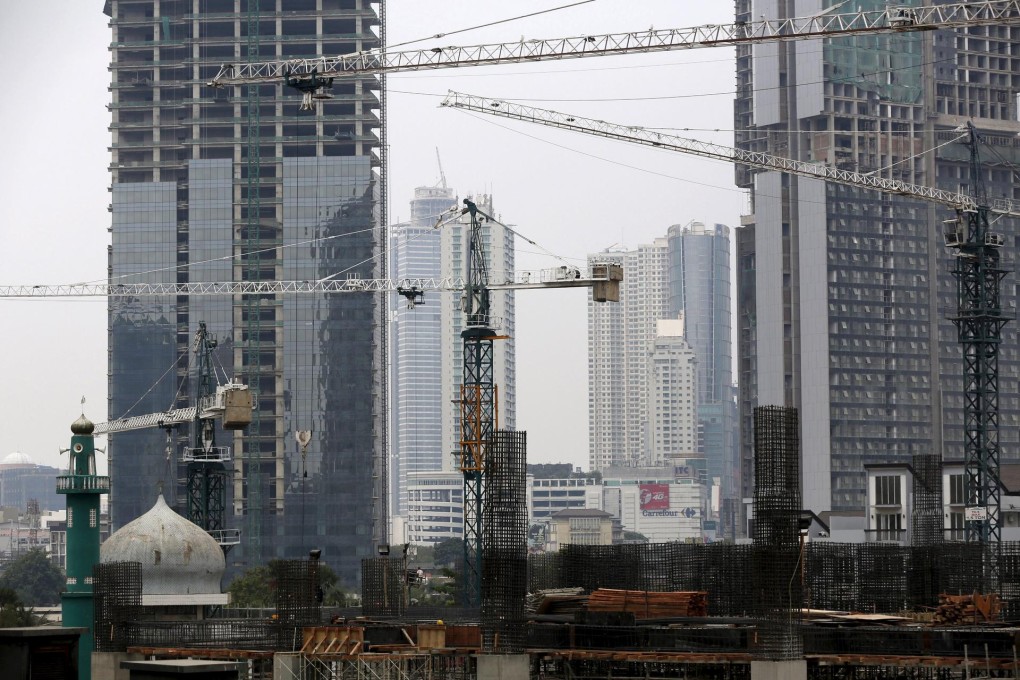New | Despite China's volatile stock market, property investment in Asia remains stable
Despite China's volatile stock market, real estate remains stable, writes Peta Tomlinson

There is rarely consensus in the stock market vs real estate debate: investors are normally fixed in one camp or another.
But these are not normal times. The only thing certain is that nothing is certain, and given the turmoil in equity markets the world over - especially in China - might bricks and mortar be considered a more solid investment?
Chinese investors certainly seem to think so. According to Mark Wizel, a senior director for CBRE in Australia, the realty firm's Melbourne and Sydney offices have been inundated with demand since the Shanghai stock market rout in August.
"We were fortunate to get onto the trend [of Chinese property investment in Australia] quite early, doing our first transaction with a mainland group - a deal worth A$28.5 million [HK$155.42 million] - in 2009, and we have done A$6 billion worth of sales since then," Wizel says. "I believe the last five weeks have easily been the highest volume and greatest level of urgency from Chinese buyers for commercial properties."
They are also shifting away from purely development sites in favour of income-producing property such as hotels, shopping centres and office buildings, he says.
Wizel believes the volatility in China has "definitely played a part" in accelerating the plans of Chinese investors keen to diversify into a place such as Australia.